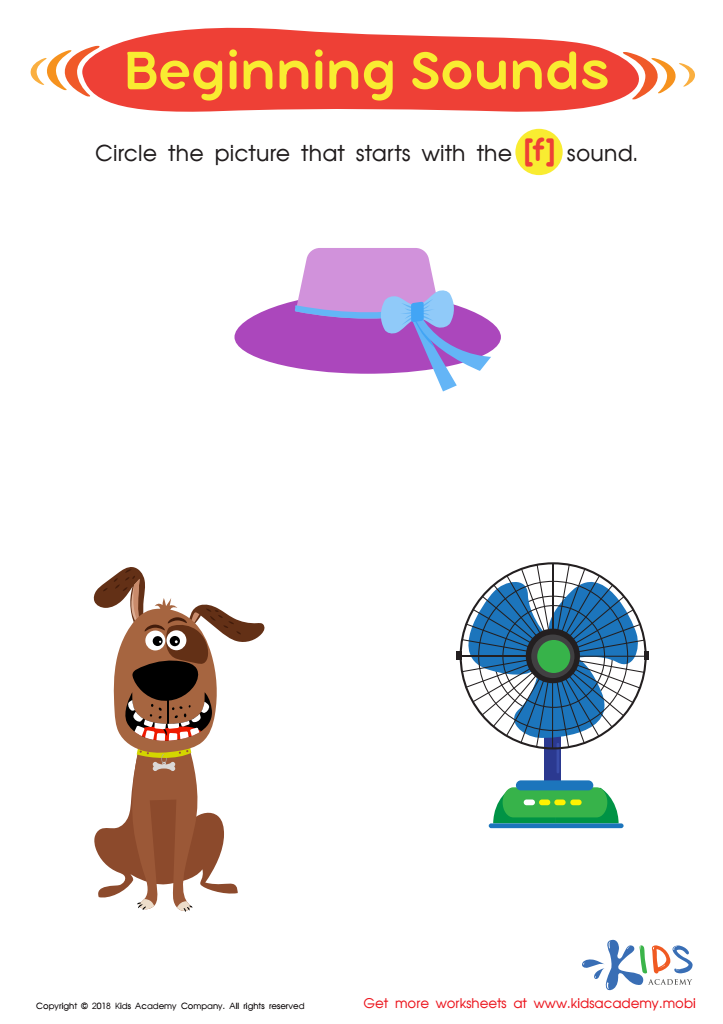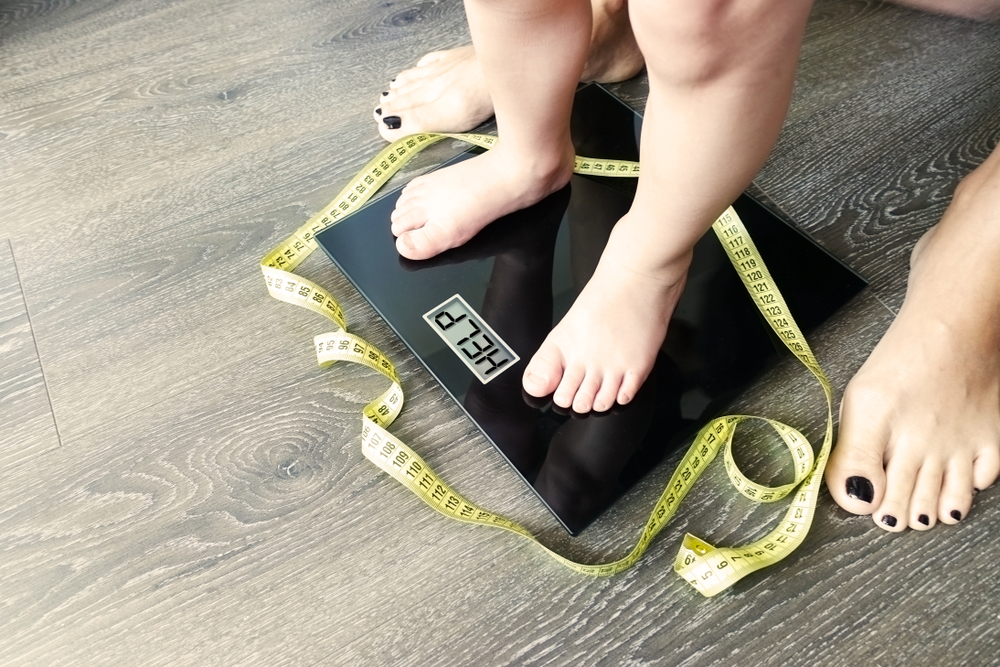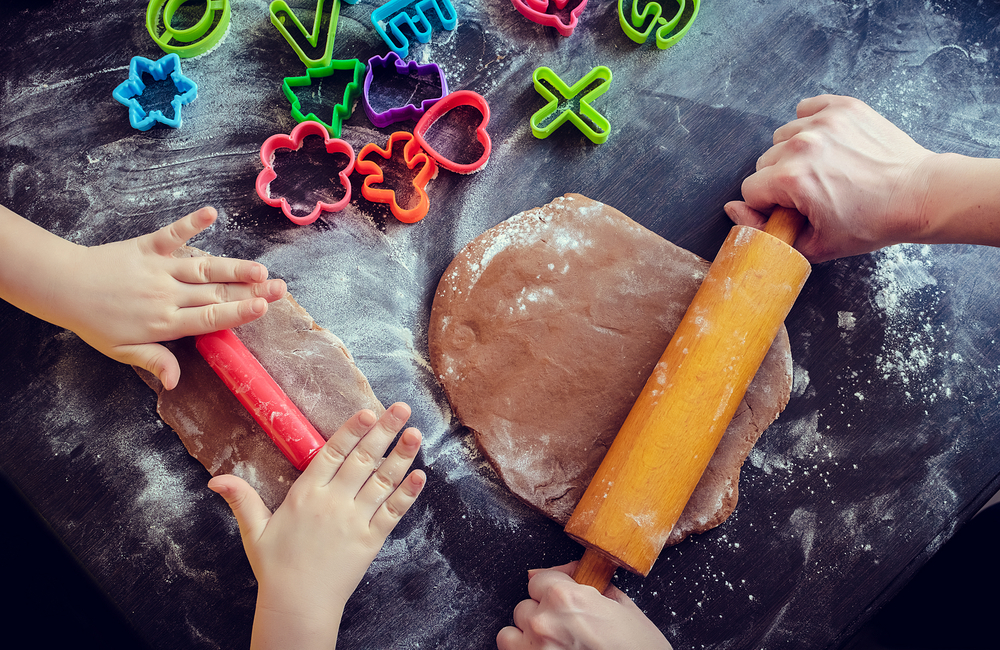Beginning Sounds worksheets activities for 5-Year-Olds
2 filtered results
-
From - To


Beginning Sounds Assessment Printable


Phonics and Word Recognition: Assessment 1 ELA Worksheet
Beginning Sounds worksheets activities are a fundamental tool in the journey of early literacy for children. As young learners embark on the path of reading and writing, understanding the basic building blocks of language is crucial. One of the first steps in this learning process is mastering beginning sounds, and that's where Beginning Sounds worksheets activities come into play, offering a structured, engaging, and effective method for children to develop their phonemic awareness.
The importance of these activities lies in their ability to introduce children to the concept that letters represent sounds, which, when combined, form words. Through a variety of exercises, Beginning Sounds worksheets activities help children identify the initial sounds in words, a skill that is essential for decoding new words and ultimately, fluent reading. By matching letters to pictures, filling in missing letters, or even circling the correct initial sound among a few options, children not only learn to recognize letters but also understand their corresponding sounds in a fun and interactive way.
Moreover, Beginning Sounds worksheets activities are designed to cater to different learning styles. Whether a child learns best through visual aids, hands-on activities, or auditory cues, these worksheets can be adapted to meet a wide range of needs, ensuring that all children have the opportunity to succeed in their early literacy journey. They foster independence as young learners can often engage with these activities with minimal adult supervision, building their confidence and encouraging a love for learning.
In addition to academic benefits, Beginning Sounds worksheets activities also support the development of fine motor skills as children write, color, or cut. This dual function makes them an invaluable resource for parents, educators, and anyone involved in early childhood education. In summary, Beginning Sounds worksheets activities are not just a stepping stone in learning to read and write; they are an integral part of laying a solid foundation for lifelong learning and literacy.
 Assign to the classroom
Assign to the classroom
.jpg)











